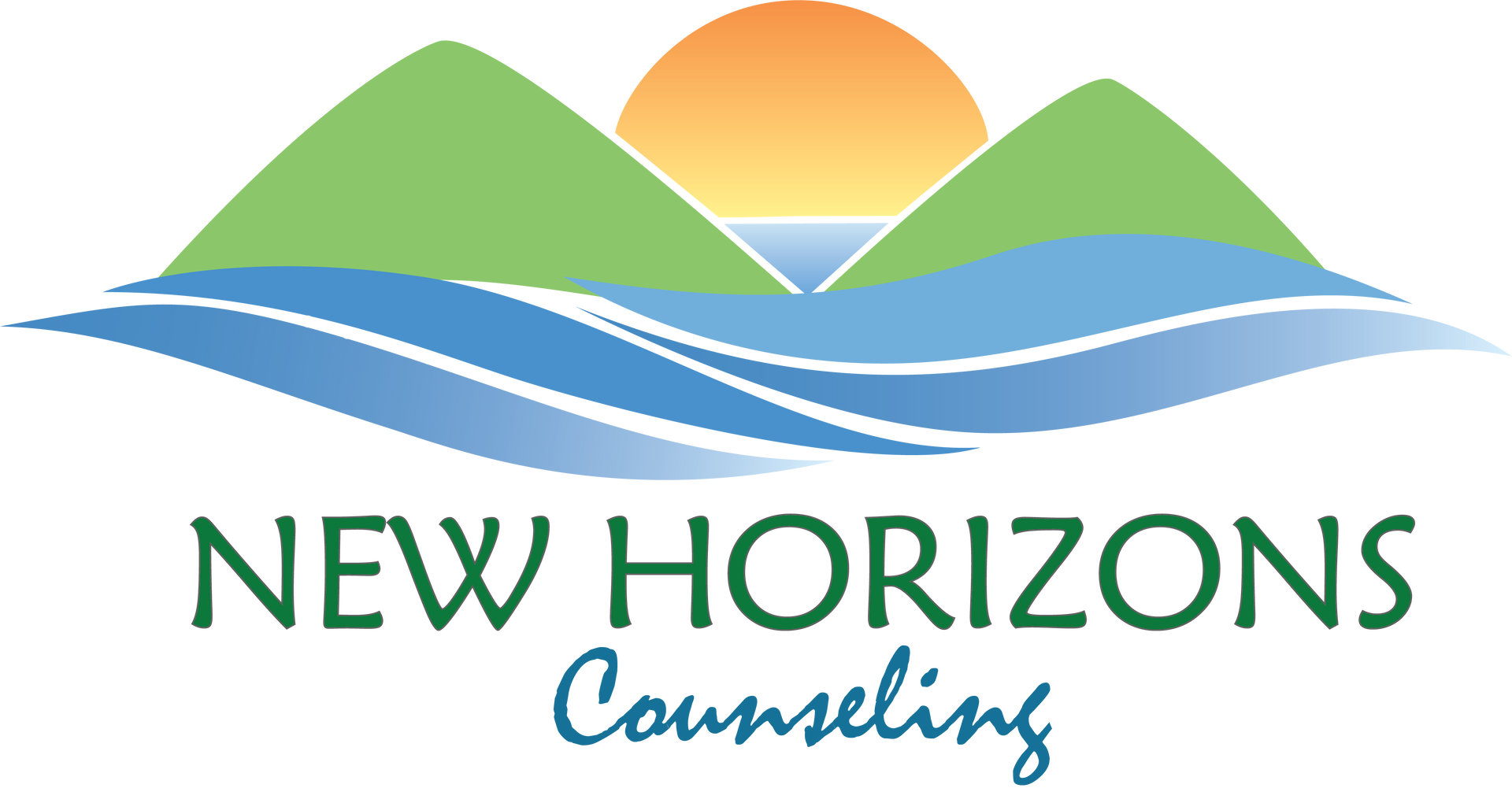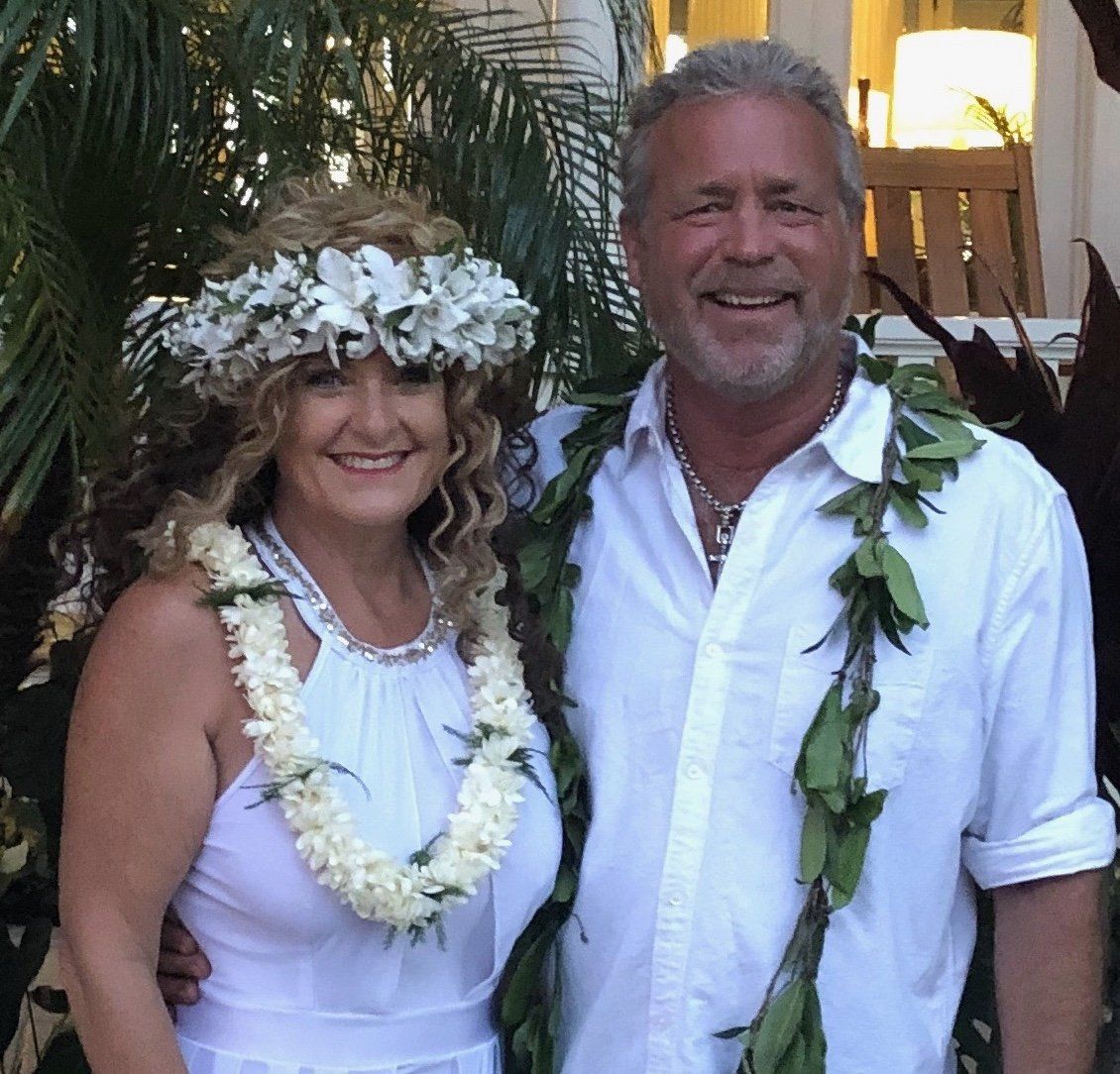Top 5 Differences Between Intensive Outpatient & Inpatient Recovery
Recovery Options: Help is on the Horizon with New Horizons Counseling in Haleiwa, HI
Addiction treatment is not one-size-fits-all, and individuals seeking recovery in Hawaii have access to a range of options. Two common approaches—Intensive Outpatient Programs (IOP) using Cognitive Behavioral Therapy (CBT), and traditional 12-Step, Inpatient Programs—offer distinct paths toward sobriety. While both have proven benefits, they differ in cost, time commitment, teaching methods, and how well they integrate treatment into everyday life. For many people, IOP combined with CBT stands out as a flexible, skill-driven, and evidence-based method of recovery.
1. Program Cost
One of the most noticeable differences between the two approaches is cost. IOP programs tend to be far more affordable than inpatient care. This is because participants live at home and attend scheduled therapy sessions, eliminating the expense of room, board, and 24/7 residential supervision. By contrast, inpatient programs require full-time residency and provide meals, accommodations, and round-the-clock staffing. These features can be valuable for certain patients but come at a much higher price. Although insurance may cover portions of both treatments, the out-of-pocket costs for inpatient care are typically higher, which can make IOP a more accessible choice for many individuals.
2. Time Commitment
Time commitment is another major difference. In an IOP setting, clients generally attend around nine to nineteen hours of therapy per week, often spread across three-hour sessions on three separate days. Many programs offer day and evening options, allowing participants to maintain work, school, or family responsibilities while receiving structured treatment. Inpatient programs are far more immersive, requiring full-time residency for thirty to ninety days or more. While this intensity can be beneficial for some, it can also mean putting the rest of life on hold during treatment.
3. Therapy Methods
The methods of therapy also set these programs apart. IOPs that utilize CBT focus on evidence-based strategies to help clients identify triggers, challenge destructive thought patterns, and develop practical relapse-prevention skills. CBT is often combined with other modalities such as Motivational Interviewing, psychoeducation, and sometimes optional 12-Step facilitation, creating a treatment plan tailored to the individual. Inpatient programs that center on the 12-Step approach rely more heavily on peer-led group sessions, spiritual principles, and community support. While this can be powerful for building a sober support network, it typically does not offer the same level of structured cognitive-behavioral skill training that CBT provides.
4. Real-Life Application Post-Treatment
Another key difference lies in how the treatment is applied to real life. IOP participants remain in their everyday environments while in treatment, which allows them to immediately practice coping strategies in real-world situations. This real-time application can help strengthen new skills and improve long-term retention. Inpatient programs, on the other hand, take place in a controlled environment that shields participants from outside triggers. While this can be beneficial during the early stages of recovery, the transition back to daily life after discharge can be abrupt and challenging without a structured step-down plan.
5. Research
Finally, the evidence base supporting each method plays an important role in their appeal. CBT has been extensively researched and shown to reduce relapse risk, increase self-efficacy, and provide clients with practical, lasting coping tools. For many individuals, IOP outcomes can be comparable to those of inpatient care, especially when clients are motivated and have a supportive home environment. The flexibility of IOP also allows for personalization—offering secular or alternative recovery models, such as SMART Recovery, for those who prefer not to participate in traditional 12-Step programs. Inpatient programs, while deeply rooted in tradition and community, tend to be less adaptable in their structure. Their strength lies in peer support and the sense of shared experience, which can be invaluable for many people in early recovery.
New Horizons Counseling in Haleiwa, Hawaii specializes in cognitive-based approaches that align closely with the strengths of IOP and CBT. Since 1980, New Horizons has helped clients make constructive choices and develop the tools they need for long-term recovery, offering a modern, compassionate path toward lasting change. Help is on the horizon! Contact us today to learn more about your alcohol and drug treatment options!










